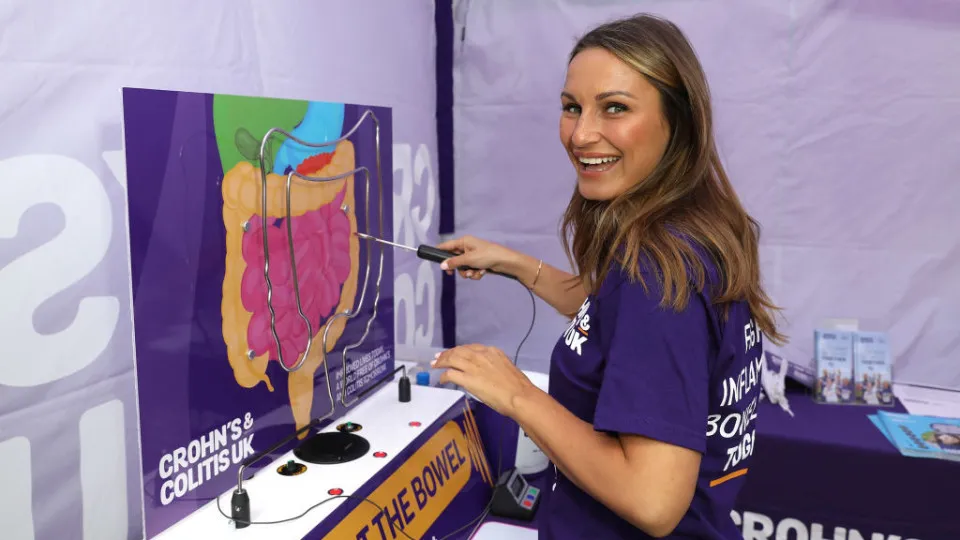The news that a major cause of inflammatory bowl disease (IBD) has been found has once again put this distressing medical condition under the spotlight. A group of researchers at the Francis Crick Institute and University College London announced in June 2024 that they have identified a weak spot in our DNA that is present in 95% of people with the disease. This system flaw makes it much easier for some immune cells to go haywire and drive excessive inflammation in the bowels, a major symptom of IBD. In addition, the team found drugs that already exist seem to reverse the disease in laboratory experiments and are now aiming for human trials, reports the BBC.
While there is currently no cure for IBD, the findings present renewed hope for millions of sufferers around the world whose lives have been blighted by this painful and miserable medical condition. But why does IBD occur, and how can it be managed? Click through for a diagnosis.



